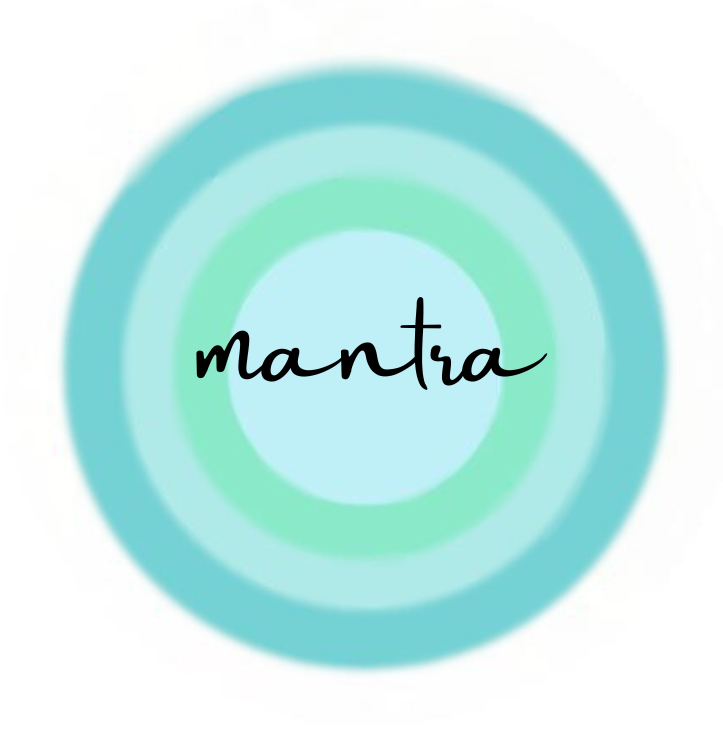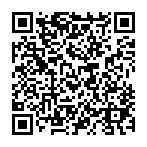MANTRA Study
MANTRA stands for ‘MeAsuring the beNefits of TRAuma sensitive yoga for survivors of sexual violence in adulthood’.
Have you had sexual experience/s since age 18 that you did not (or could not) consent to, or that were forced or unwanted?
Since then, do you experience impacts of trauma like re-living what happened, feeling like you are not in control of your emotions, sleep issues or difficulty in your relationships?
If you answered ‘yes’ to both those questions, you might be eligible to participate in MANTRA.
The aim of the MANTRA study is to learn about different ways to help people who have had a sexual experience as an adult that they did not consent to, and who have experienced impacts of trauma. Specifically, we are testing the impact of two different 12-week group programs that might improve wellbeing for people who have had a non-consensual sexual experience. The two programs are trauma-sensitive yoga and cognitive processing therapy (a type of psychological therapy). The MANTRA study is led by researchers at the University of Melbourne, in collaboration with other Australian and overseas researchers. It is funded by the National Health & Medical Research Council. The study has been approved by the Human Research Ethics Committee at the University of Melbourne Ethics ID 32664.
-
Non-consensual sexual experiences
Some people choose to describe non-consensual sexual experiences as “rape” or “sexual assault”. Not everybody feels comfortable with these words, which is why we have avoided using them in our study. By non-consensual we mean unwanted or forced sexual experiences to which a person does not, or cannot, consent.
Trauma
Trauma means a set of psychological, somatic (bodily) and social reactions to threatening, overwhelming and frightening experiences. Traumatic reactions can include re-living what happened, feeling like you are not in control of your emotions, believing negative things about yourself and experiencing difficulty in your relationships.
-
Participants in this study will be asked to participate in a 12-week group program designed to help people feel better and manage the impacts of trauma after a non-consensual sexual experience. The two group programs we are testing are a trauma sensitive Kundalini yoga program and Group Cognitive Processing Therapy.
Trauma sensitive yoga (TSY) is a style of yoga that acknowledges and respects the impacts of trauma and aims to work with students to help them feel calm and safe in their bodies. TSY takes place in a group with a yoga instructor.
Cognitive Processing Therapy (CPT) is a form of psychological therapy that is currently considered to be one of the most effective forms of treatment for trauma relating to non-consensual sexual experiences. The aim of CPT is to change unhelpful thinking and build feelings of trust and safety. When CPT occurs in a group, it is called Group CPT. Group CPT is usually facilitated by two mental health professionals like psychologists or social workers.
-
To find out more about the researchers, click on their name.
— Professor Laura Tarzia (Chief Investigator)
— Dr Elizabeth McLindon (Study Coordinator)
— Professor Kelsey Hegarty
— A/Professor Sat Bir Khalsa
— Professor Lorna O’Doherty
— Professor Bessel van der Kolk
— Dr Patricia Cullen
— Ms Billie Atherstone,
— Professor Lisa Gold
— Professor Jayashri Kulkarni
— Dr Grace McKeon
— A/Professor Patty Chondros
— Ms Konstancja Densley
To Participate in MANTRA
If you are interested in participating in MANTRA, the first step is to answer some questions to see if this study is right for you. Unfortunately, not everyone who wants to be part of this study will be able to participate. To understand the impact of the programs we are testing, participants need to have had certain experiences but not others.
If you are eligible to take part, you will be offered either trauma-sensitive yoga or group cognitive processing therapy. Unfortunately, you won’t be able to choose which group you are offered. A computer will randomly assign participants to one group or the other. This is an important part of the research process that makes sure that we can properly measure the effects of the group programs.
What tasks will I be asked to do if I take part in the MANTRA study?
You will be asked to attend 12 weekly group sessions of either trauma-sensitive yoga or group cognitive processing therapy. These sessions will be free.
Trauma sensitive yoga will take place in North Fitzroy at Kundalini House (www.kundalinihouse.com.au). Groups will include up to 15 people and sessions will run for 75 minutes.
Cognitive processing therapy will take place at The University of Melbourne in Parkville. Groups will last up to 90 minutes each and include up to 10 people.
Before you start attending a group, the facilitator will contact you via phone to help you prepare and answer any questions you may have. This phone conversation will take no longer than 20-30 minutes.
As well as attending groups, you will be asked to complete an online questionnaire at three time points to help us understand the effectiveness of the group approach you have participated in. The three time points are:
Before you participate in your first session
Soon after the group program finishes, and
6-months after your last group session.
The questionnaires should take around 20-30-minutes each time and they ask questions about your feelings, experiences and demographic information. We would like to acknowledge your time and expertise with a gift voucher for each survey completion.
FAQs
-
No. Taking part is completely up to you. You can withdraw from the study at any time. Even if you have signed a consent form, completed some or all of the group sessions and some or all of the questionnaires, you can stop your involvement in the study at any time. If you stop attending the group sessions, we will still ask you to complete the questionnaires because they provide valuable information about the group programs; but it is your choice whether to do this.
If you ask us to, we can remove what you have shared with us from our records. We can do this up until we come to preparing reports and publications from this study. There will be no negative impacts if you choose not to take part or if you withdraw.
-
Participating in this research may be personally beneficial to you. The group approach you try may help you feel better, and it may help you develop strategies for continuing to feel better even after group has finished. However, it is also possible that you may not find the group approach helpful. Even if you do not feel direct benefit from attending a group, the information and knowledge you share with us may help others in the future.
-
Participating in a group session may be distressing at times. If you feel upset during group, you can let the facilitator know and they will work with you to try and help you regain a sense of safety. If you do not want to continue the group, you can stop at any time.
If you need support when you are not in the group, please consider contacting one of the following:
· Sexual Assault Crisis Line, Ph. 1800 806 292 https://www.sacl.com.au/ | https://www.casahouse.com.au/
· The National 24-hour domestic family and sexual violence counselling service ‘1800 Respect’ on Ph: 1800 737 732
-
If you have any concerns or complaints which you wish to discuss with the research team, please contact us at mantra-study@unimelb.edu.au
If you have any concerns or complaints which you do not wish to discuss with the research team, please contact the Research Integrity Administrator, Office of Research Ethics and Integrity, University of Melbourne, VIC 3010.
Tel: +61 3 8344 1376 or Email: research-integrity@unimelb.edu.au.
All complaints will be treated confidentially. In any correspondence, please provide the name of the research team and/or the name or ethics ID number (32664) of the research study.
-
Yes. When the study is finished, we will send you an email with a link to a summary of the key findings. Even if you do not participate in MANTRA, we can send you the study findings. To go on our findings mailing list, please add your name here:


